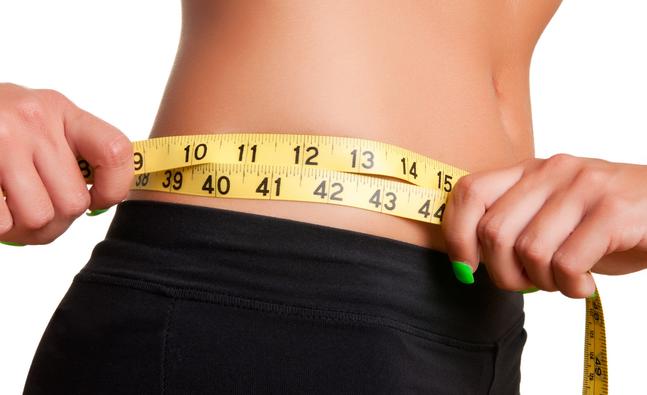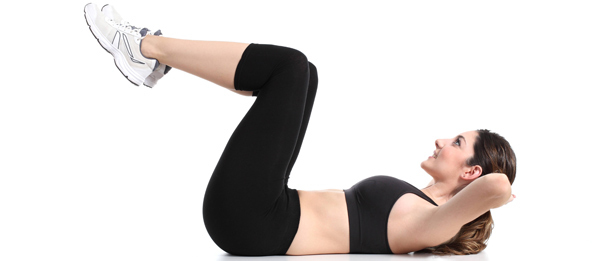What the Eco-Atkins diet could do for your heart and waistline

Researchers at St. Michael's Hospital have shown for the first time that, in addition to weight loss, a specific low-carbohydrate diet may also reduce the risk of heart disease by 10 per cent over 10 years.
The Eco-Atkins diet
The diet, often called Eco-Atkins, is a low-carbohydrate vegan diet. Many low-carbohydrate diets have been proven to improve weight loss but most emphasise eating animal proteins and fats, which may raise cholesterol. Diets that are high in vegetable proteins and oils may reduce the risk of heart disease by lowering "bad cholesterol".
"We killed two birds with one stone - or, rather, with one diet," explained lead author Dr. David Jenkins, who is director of the Clinical Nutrition and Risk Modification Centre of St. Michael's Hospital and a Nutritional Sciences professor at the University of Toronto. "We designed a diet that combined both vegan and low-carb elements to get the weight loss and cholesterol-lowering benefits of both."
The Eco-Atkins diet reduced cholesterol by 10 per cent while helping participants lose almost two kilograms more than the high-carbohydrate, low-fat diet over six months.[/su_pullquote]
The study compared the Eco-Atkins to a high-carbohydrate, low-fat diet. The Eco-Atkins diet reduced cholesterol by 10 per cent while helping participants lose almost two kilograms more than the high-carbohydrate, low-fat diet over six months. "We could expect similar results in the real world because study participants selected their own diets and were able to adjust to their needs and preferences," said Dr. Jenkins, who is a vegan. Twenty-three obese men and women completed the six-month diet and were encouraged to eat only 60 per cent of their estimated caloric requirements - the amount of calories that should be consumed daily to maintain their current weight. Eco-Atkins participants aimed for a balance of 26 per cent of calories from carbohydrates, 31 per cent from proteins and 43 per cent from fat - coming primarily vegetable oils. Carbohydrate sources included high-fibre foods such as oats and barley and low-starch vegetables such as okra and eggplant. Proteins came from gluten, soy, vegetables, nuts and cereals. Predominant fat sources for the Eco-Atkins diet were nuts, vegetable oils, soy products and avocado.
Recommended reading: 5 Foods that could help you lose weightEco-Atkins diet compared with low-fat, high carb diet
How the Eco-diet worked
-
Which is Better for Weight Loss: Low-Carb or Low-Fat?
What to cut, what to cut? Well, if you’re trying to lose weight, the a
-
The 500 Calorie Diet Plan For Weight Loss – What To Include For Breakfast, Lunch And Dinner?
These days there are various diets that are catered towards weight los
-
What you should know about weight loss drugs
-
Top 15 Benefits and Uses Of Beetroot (Chukandar) for Skin, Hair and Health
Beetroots are reddish purple coloured taproots that are edible and go
-
5 Post-Easter weight loss tips
-
How To Lose Weight In A Week – 23 Simple Tips
How many of us have become determined to lose weight, only to get disc
- DON'T MISS
- Best Weight Loss Creams – Our Top 10 Picks
- Will running help me lose weight?
- Make weight loss your resolution!
- 5 Fat traps of which to be aware
- Lose weight by skipping crunchy toppings
- Natural sugars help keep sugar cravings at bay
- Missing the pleasure of food?
- TOP 8 BEST EXERCISES TO HELP YOU LOSE WEIGHT
- 6 Things You Should Never Say to Someone Trying to Lose Weight
- Crazy celeb diet “tricks”: Apple-cider vinegar shots




